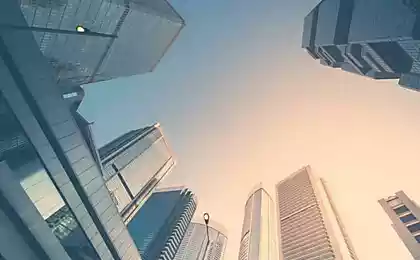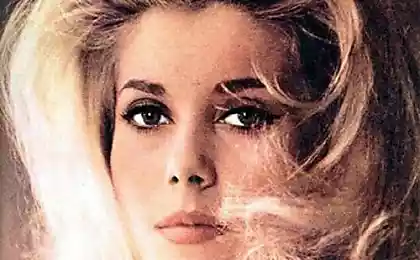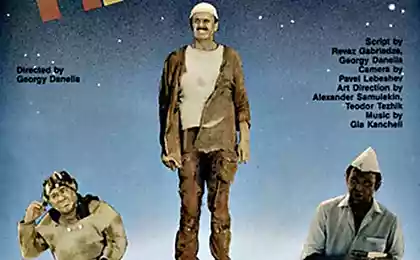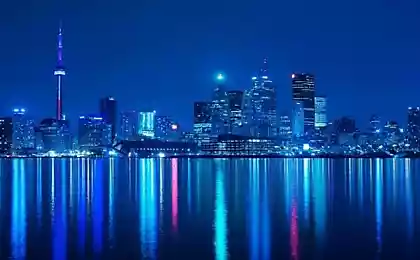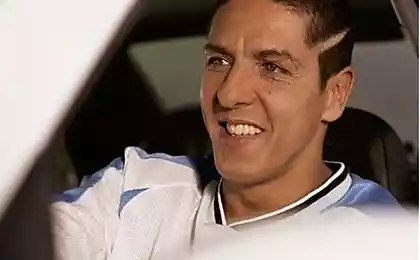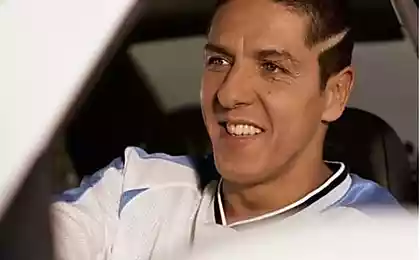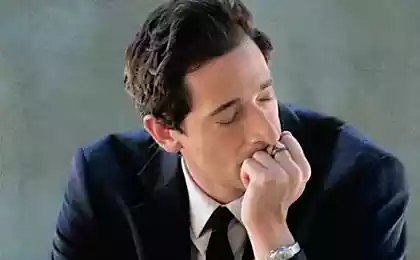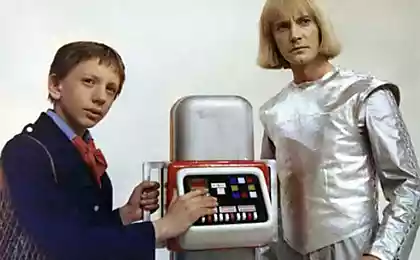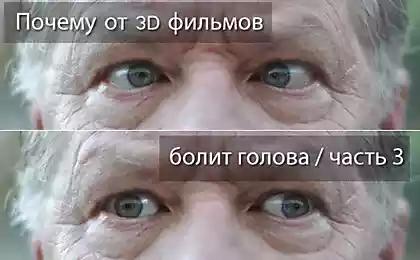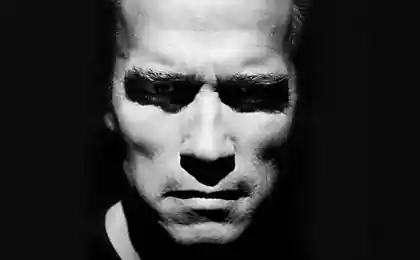232
11 movies that will help pass for “smart” in any company
There are films as films, and there are those, the reasoning of which in any company allows you to impress an educated and refined nature. In this collection there are 11 such films:
Old people don't belong here.
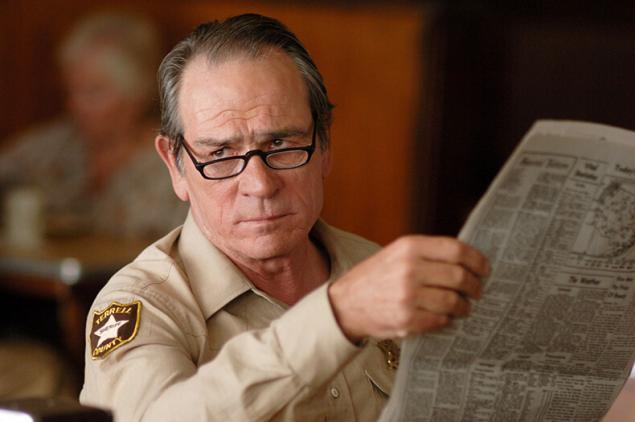
The Coen Brothers film follows a failed drug business. The whole film is one big cat-and-mouse game across the South of the United States, and every scene in it is literally imbued with themes of greed, corruption and evil fate, all against the backdrop of the eternal struggle of good against evil.
First of all, try to mention the final scene of the film – the one where Tommy Lee Jones talks about waking up from a dream, after which the film ends. Talk about the problem of fathers and children and the fear/feeling of helplessness before entering a new and dangerous millennium. Your friends will be amazed at how insightful you are.
John F. Kennedy: Shootings in Dallas
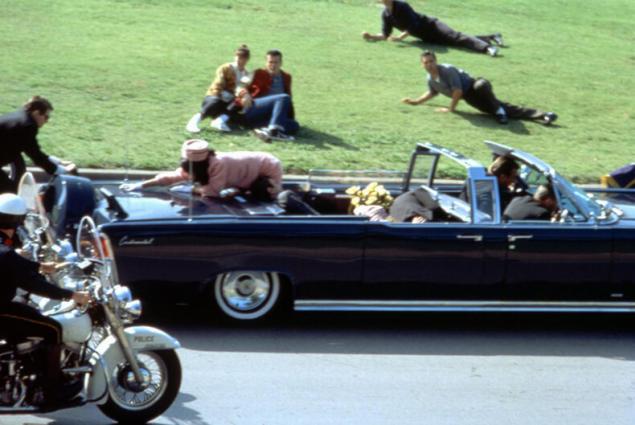
Oliver Stone filmed in the early 90s. Immediately after the premiere, a lot of heated debate followed, as the plot of the film is tied to the famous assassination of American President John F. Kennedy, and subsequent attempts by the authorities to quickly hush up the case.
Extremely fascinating and sometimes completely unexpected story – be sure to watch.
It's worth talking about: the fact that instead of looking at the problem in a comprehensive way, the film reveals only one possible version of what happened. Which side do you stand on, which version do you follow, and why?
Thin blue line
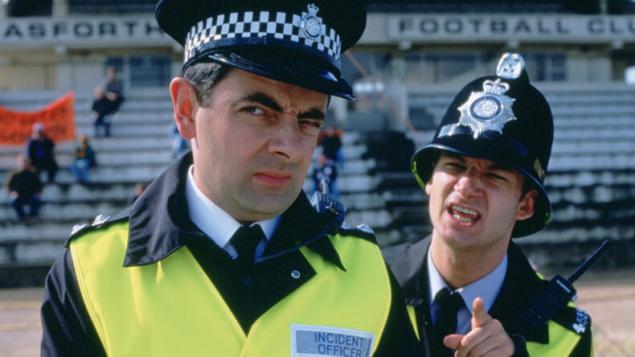
The film tells the story of a crime that, as often happens, went wrong, and how an innocent person was put behind bars, accusing him of committing a crime to which he has nothing to do. The film was, so to speak, a new milestone in the genre of documentary film, because here, instead of using archival videos, the story was recreated using acting.
It is worth talking about: those disturbing minimalist compositions of Philip Glass, which accompanied the scenes of the film. Perhaps Philip Glass is one of the best composers of cinema. The refinement of your tastes will make others treat you with respect.
Citizen Kane.
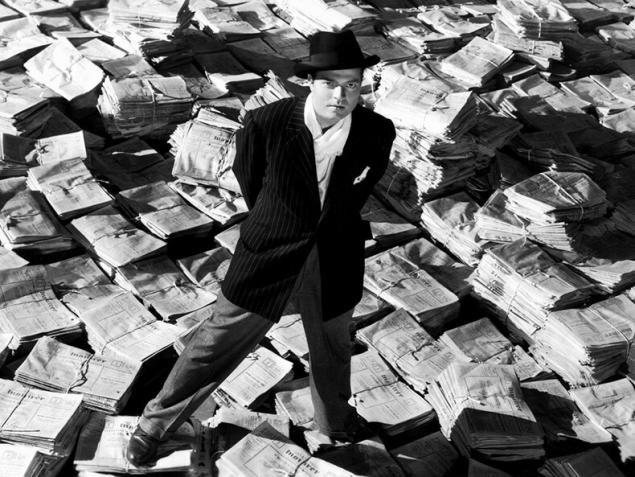
The greatest movie of all time. A real masterpiece. References to this film can be found to this day. This is a movie about how power can corrupt people, even beyond recognition. It's a movie about a man who's consumed by greed -- so much so that he's forgotten all the things that really matter in the world.
Talk about: depth of field and framing. The film's director, Wells Orson, knew how to handle the camera.
New York, New York
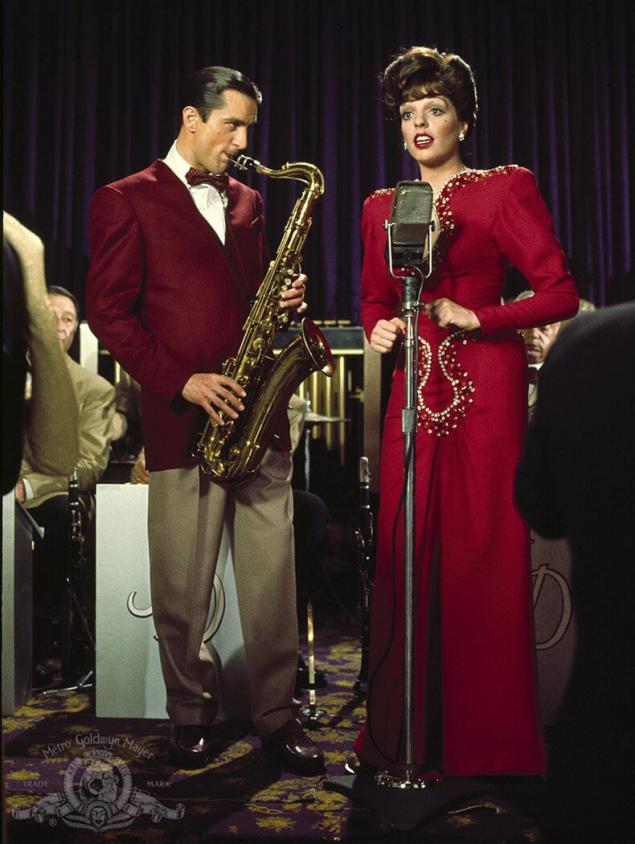
According to Roger Ebert, the famous film critic, this film is unparalleled among all the other years shot in the 00s. This is a story written by screenwriter Charlie Kaufman, who in one film tried to fit a lifetime as such.
What does this burning house say? Does it symbolize the futility of existence and the inevitability of fate, and that we are all born only to die? Can we even control our own destiny?
Fitzcarraldo
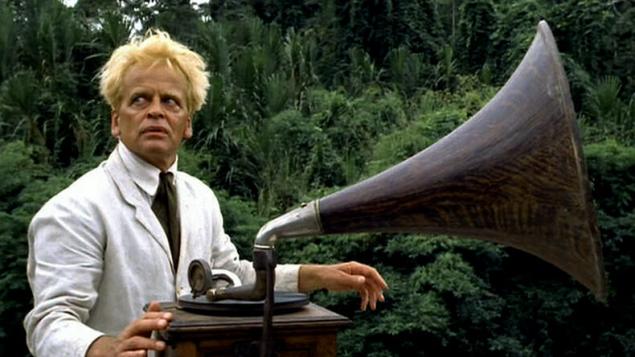
The film, written by screenwriter Werner Herzeg, tells the story of a man who is trying to build an opera house in the middle of the Amazon jungle. In the process, a team of builders has to throw a whole steamer over the mountain. The real conflict between God and man.
It’s worth talking about: The Burden of Dreams, a documentary by Errol Morris (who was also the director of The Thin Blue Line), and another documentary called My Best Friend, which chronicles the tense relationship between director Werner Herzeg and lead actor Klaus Kinski.
Tree of Life.
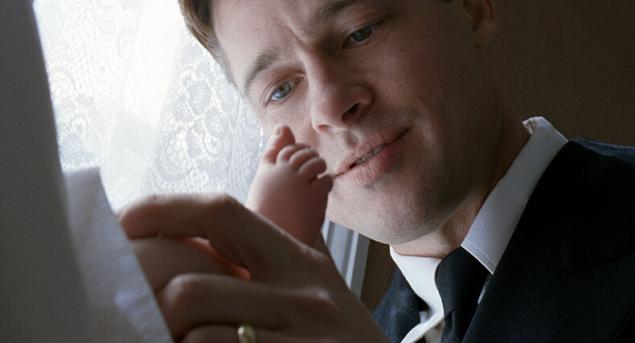
Terrence Malick's controversial film raises questions about the meaning of everything. The film tells about the life of a boy with his parents, who embody nature and grace. The film makes the viewer think about his own life.
It’s worth talking about: how the scene with the dinosaur reflects the beauty of unity with nature.
My dinner with Andre.
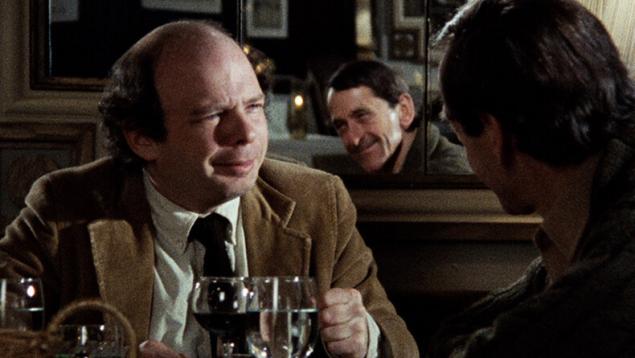
The film is one big dialogue between two old friends. They discuss art, poetry, life. The conversation tends to take completely unexpected turns, capturing all your attention to the film.
It is worth talking about how you once watched a movie without any plot and even without any cinematic tricks. For some, this experience can become “unearthly.”
Mulholland Drive
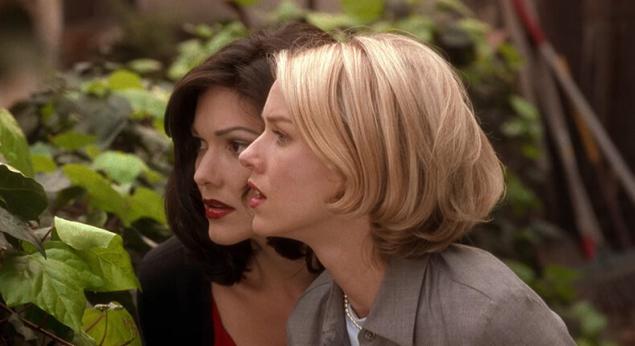
Noir film from the famous David Lynch. The film goes beyond the usual image of the narrative, here everything is intertwined and interconnected: characters, ideas, memories and nightmares.
It’s worth talking about: how lesbian eroticism develops the plot in a way that a patriarchal film with white middle-class men in the lead roles could never.
Being John Malkovich
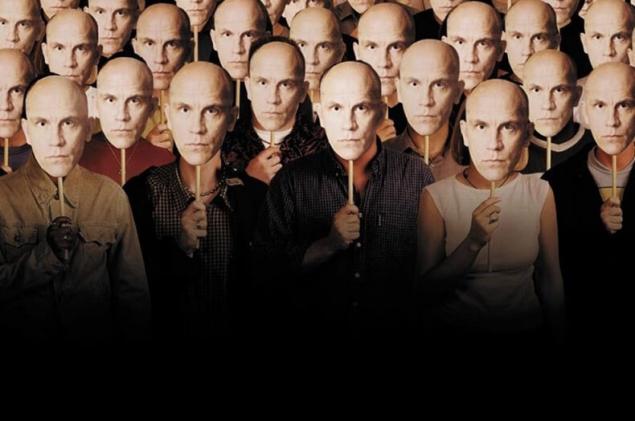
The first Hollywood film by Charlie Kaufman. The film revolves around the question of what would happen if we could move into the brain of another person, in this case, into the brain of John Malkovich.
It is worth talking about: the ability to control the consciousness of another person. Whether it’s genetics or environmental influences, each of us is shaped solely by outside interference, so essentially everyone has some sort of “portals” in their head — not the kind in the movie, but they are.
Adaptation.
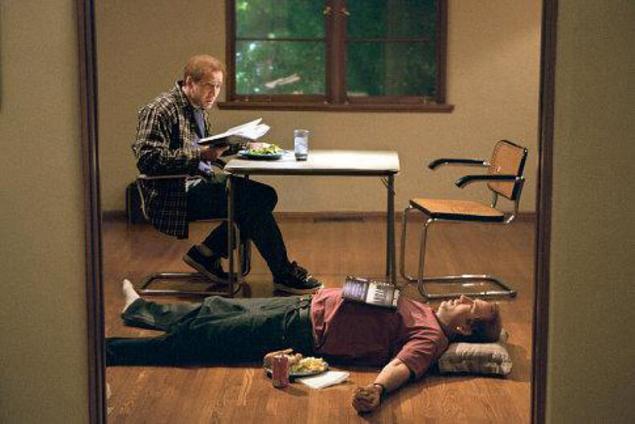
Yeah, that's right, with a point in the title. This film is half an autobiography of the screenwriter himself – the aforementioned Charlie Kaufman – who, experiencing a serious creative crisis in the work on the film adaptation of the book “Orchid Thief”, decides to include himself in the film.
100 brilliant films in the history of cinema, according to those who make films
10 science series that will raise your intellectual level
It is worth talking about: the cinematic techniques used in the film, and that these days it is almost impossible to make a truly original film. It's also worth discussing the fact that Charlie Kaufman doesn't actually have a twin brother, while the credits feature two screenwriters: Donald and Charlie Kaufman. published
Source: mixstuff.ru/archives/114148
Old people don't belong here.

The Coen Brothers film follows a failed drug business. The whole film is one big cat-and-mouse game across the South of the United States, and every scene in it is literally imbued with themes of greed, corruption and evil fate, all against the backdrop of the eternal struggle of good against evil.
First of all, try to mention the final scene of the film – the one where Tommy Lee Jones talks about waking up from a dream, after which the film ends. Talk about the problem of fathers and children and the fear/feeling of helplessness before entering a new and dangerous millennium. Your friends will be amazed at how insightful you are.
John F. Kennedy: Shootings in Dallas

Oliver Stone filmed in the early 90s. Immediately after the premiere, a lot of heated debate followed, as the plot of the film is tied to the famous assassination of American President John F. Kennedy, and subsequent attempts by the authorities to quickly hush up the case.
Extremely fascinating and sometimes completely unexpected story – be sure to watch.
It's worth talking about: the fact that instead of looking at the problem in a comprehensive way, the film reveals only one possible version of what happened. Which side do you stand on, which version do you follow, and why?
Thin blue line

The film tells the story of a crime that, as often happens, went wrong, and how an innocent person was put behind bars, accusing him of committing a crime to which he has nothing to do. The film was, so to speak, a new milestone in the genre of documentary film, because here, instead of using archival videos, the story was recreated using acting.
It is worth talking about: those disturbing minimalist compositions of Philip Glass, which accompanied the scenes of the film. Perhaps Philip Glass is one of the best composers of cinema. The refinement of your tastes will make others treat you with respect.
Citizen Kane.

The greatest movie of all time. A real masterpiece. References to this film can be found to this day. This is a movie about how power can corrupt people, even beyond recognition. It's a movie about a man who's consumed by greed -- so much so that he's forgotten all the things that really matter in the world.
Talk about: depth of field and framing. The film's director, Wells Orson, knew how to handle the camera.
New York, New York

According to Roger Ebert, the famous film critic, this film is unparalleled among all the other years shot in the 00s. This is a story written by screenwriter Charlie Kaufman, who in one film tried to fit a lifetime as such.
What does this burning house say? Does it symbolize the futility of existence and the inevitability of fate, and that we are all born only to die? Can we even control our own destiny?
Fitzcarraldo

The film, written by screenwriter Werner Herzeg, tells the story of a man who is trying to build an opera house in the middle of the Amazon jungle. In the process, a team of builders has to throw a whole steamer over the mountain. The real conflict between God and man.
It’s worth talking about: The Burden of Dreams, a documentary by Errol Morris (who was also the director of The Thin Blue Line), and another documentary called My Best Friend, which chronicles the tense relationship between director Werner Herzeg and lead actor Klaus Kinski.
Tree of Life.

Terrence Malick's controversial film raises questions about the meaning of everything. The film tells about the life of a boy with his parents, who embody nature and grace. The film makes the viewer think about his own life.
It’s worth talking about: how the scene with the dinosaur reflects the beauty of unity with nature.
My dinner with Andre.

The film is one big dialogue between two old friends. They discuss art, poetry, life. The conversation tends to take completely unexpected turns, capturing all your attention to the film.
It is worth talking about how you once watched a movie without any plot and even without any cinematic tricks. For some, this experience can become “unearthly.”
Mulholland Drive

Noir film from the famous David Lynch. The film goes beyond the usual image of the narrative, here everything is intertwined and interconnected: characters, ideas, memories and nightmares.
It’s worth talking about: how lesbian eroticism develops the plot in a way that a patriarchal film with white middle-class men in the lead roles could never.
Being John Malkovich

The first Hollywood film by Charlie Kaufman. The film revolves around the question of what would happen if we could move into the brain of another person, in this case, into the brain of John Malkovich.
It is worth talking about: the ability to control the consciousness of another person. Whether it’s genetics or environmental influences, each of us is shaped solely by outside interference, so essentially everyone has some sort of “portals” in their head — not the kind in the movie, but they are.
Adaptation.

Yeah, that's right, with a point in the title. This film is half an autobiography of the screenwriter himself – the aforementioned Charlie Kaufman – who, experiencing a serious creative crisis in the work on the film adaptation of the book “Orchid Thief”, decides to include himself in the film.
100 brilliant films in the history of cinema, according to those who make films
10 science series that will raise your intellectual level
It is worth talking about: the cinematic techniques used in the film, and that these days it is almost impossible to make a truly original film. It's also worth discussing the fact that Charlie Kaufman doesn't actually have a twin brother, while the credits feature two screenwriters: Donald and Charlie Kaufman. published
Source: mixstuff.ru/archives/114148


